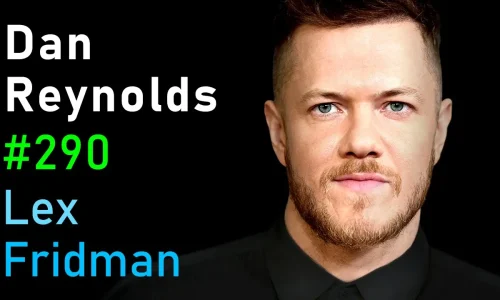See all Lex Fridman transcripts on Youtube

Dan Reynolds: Imagine Dragons | Lex Fridman Podcast #290
2 hours 12 minutes
🇬🇧 English

Omnivision Solutions Ltd
- Getting Started
- Create Transcript
- Pricing
- FAQs
- Recent Transcriptions
- Roadmap

2 hours 12 minutes
🇬🇧 English

Omnivision Solutions Ltd